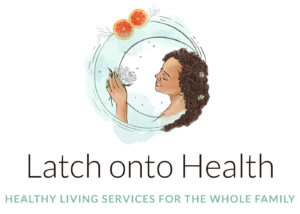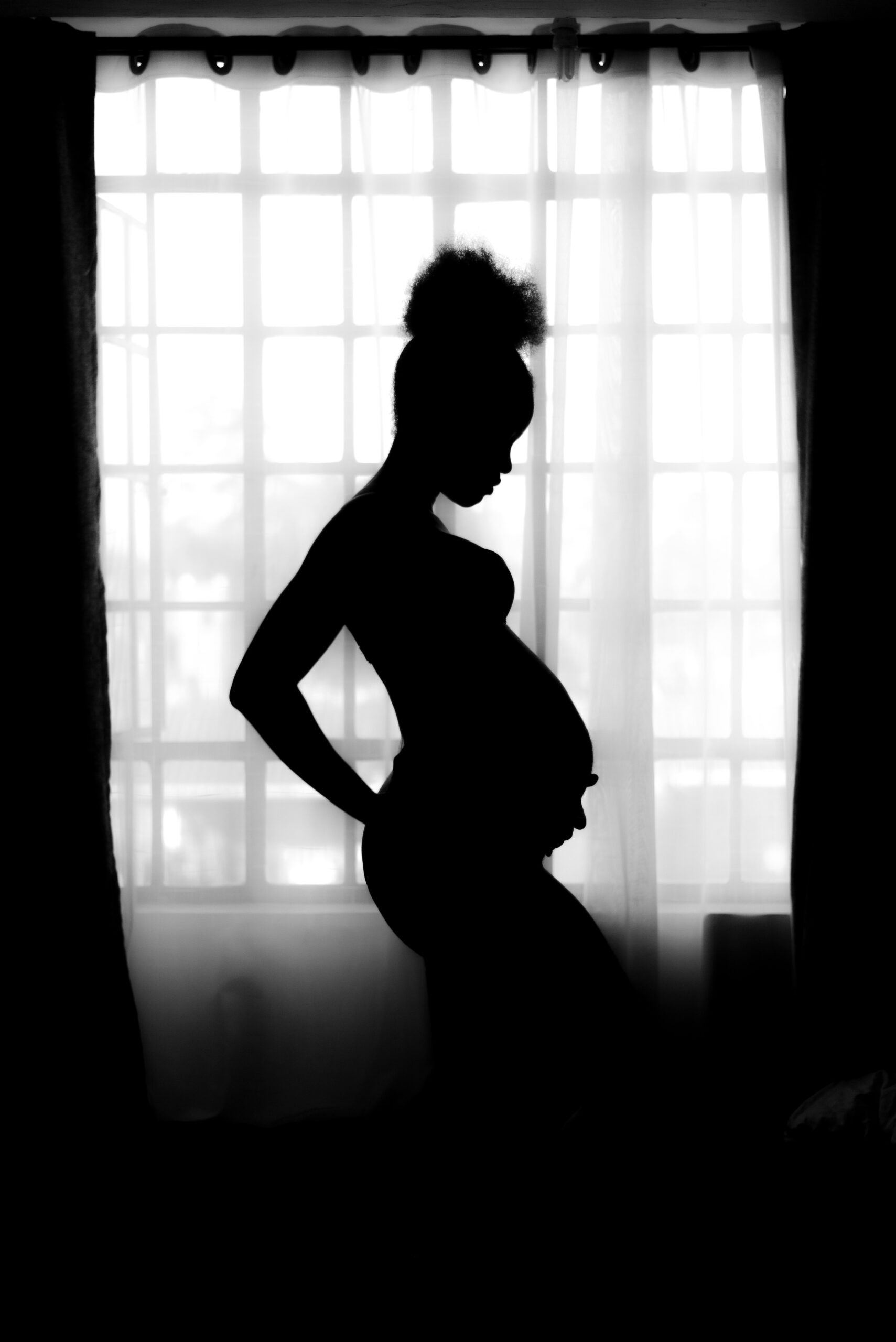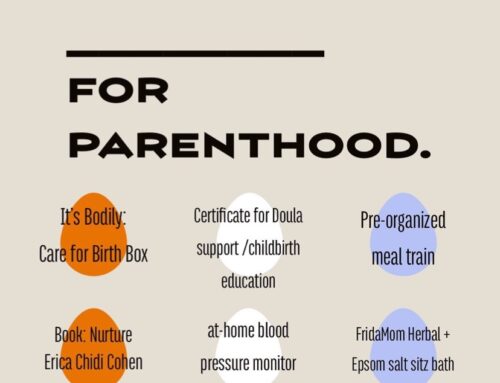Pregnancy is an extremely vulnerable journey that is occupied by a stream of emotions and physical changes. These emotions and physical changes are very real for black moms who face a disparity within maternal care. According to the CDC, “700 to 900 new and expectant mothers die from life-threatening postpartum complications.” (1) From this statistic, most are black mothers who are three to four times more likely to die during or after delivery than are white women. (2) The cause of the higher rates of postpartum complications is linked to several factors such as poor quality of care and black female voices not being as heard as its counterpart. Black women aren’t monitored as carefully as white women are. (3) When they do present with symptoms, they are often dismissed.” For expectant black mothers, it’s vital to be equipped with the resources and tools to allow your voice to be heard.
Hiring a doula helps families know all their options while adding additional companionship so that black women’s voices are heard and understood. Doulas offer continuous support to people, decrease the risk of a C-section and increase the rate of spontaneous vaginal birth. One of the most important aspects of a doula is their capacity to actively listen which is especially important for black mothers. They help fulfill your needs by respecting your choice of labor and postpartum care, but also help provide relaxation techniques to ease the intensity of birth. Some techniques Latch onto Health provides are evidence-based research, birth space prep, light massage, music therapy, encouragement, and more! Also, Latch onto Health continually listens and respects your decisions, this form of companionship can allow medical professionals to listen to your wishes whether in a hospital, birth center or at home.
It’s important to let your healthcare providers know any pain that you’re experiencing both physically and mentally as soon as possible. If someone doesn’t listen, find someone else immediately. Set a postpartum plan before you give birth, and postpartum care is an ongoing process after labor. Mayo Clinic suggests seeing your healthcare provider “within the first 3 weeks after delivery,” but try to see your healthcare provider and other holistic practitioners (e.g. acupuncturist, chiropractor, mental health counselor, pelvic floor physical therapist, etc) as soon as possible for a comprehensive evaluation. (4) Also, speak up during labor if you’re experiencing an issue that you may feel is “wrong,” don’t allow healthcare providers to use racial biases to dismiss your voice!
Although pregnancy is a journey that involves much navigation, you deserve a positive birth experience. Consider childbirth education and doula services by visiting latchontohealth.com. It’s a sad reality that black birthing people need to work harder to be listened to and valued, but we need to follow these guidelines to bypass the statistics that are against the black community. You are valued and your life matters!
- https://www.cdc.gov/vitalsigns/maternal-deaths/index.html
- https://www.hsph.harvard.edu/magazine/magazine_article/america-is-failing-its-black-mothers/
- https://www.heart.org/en/news/2019/02/20/why-are-black-women-at-such-high-risk-of-dying-from-pregnancy-complications
- https://www.mayoclinic.org/healthy-lifestyle/labor-and-delivery/in-depth/postpartum-complications/art-20446702








Leave A Comment